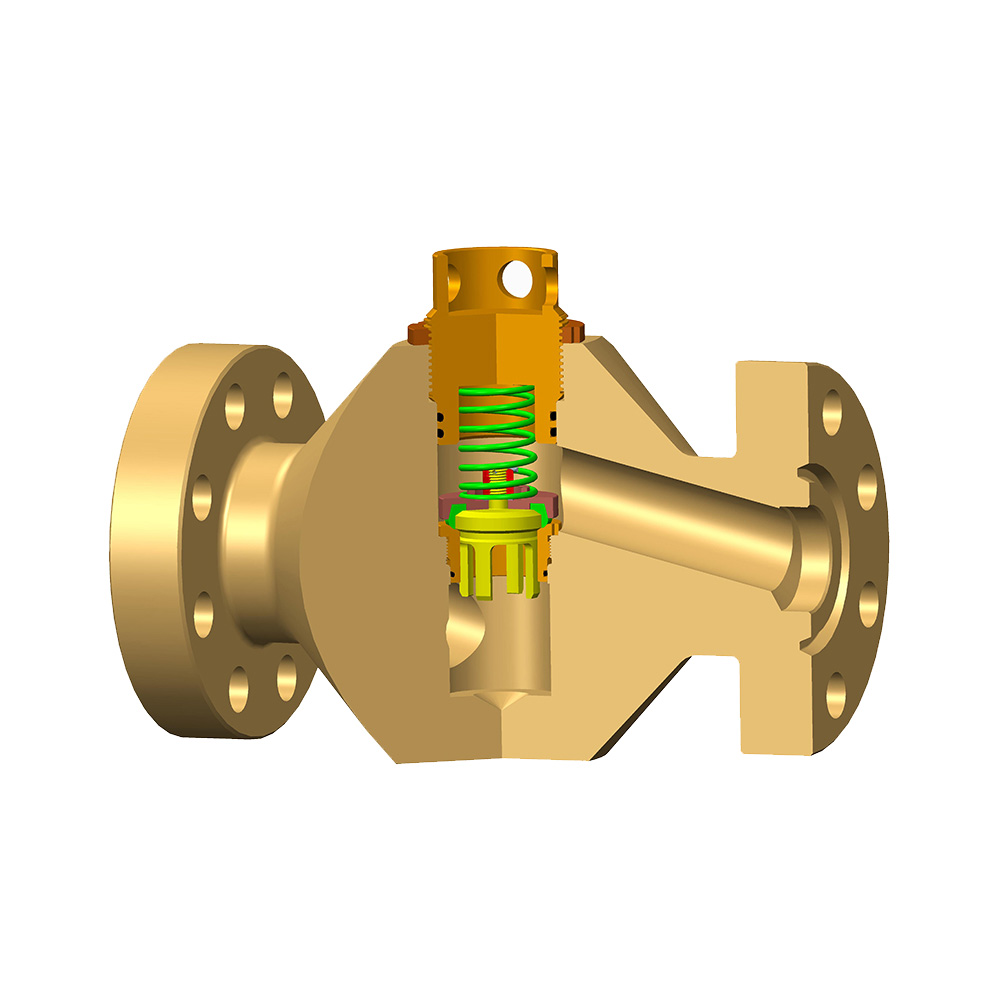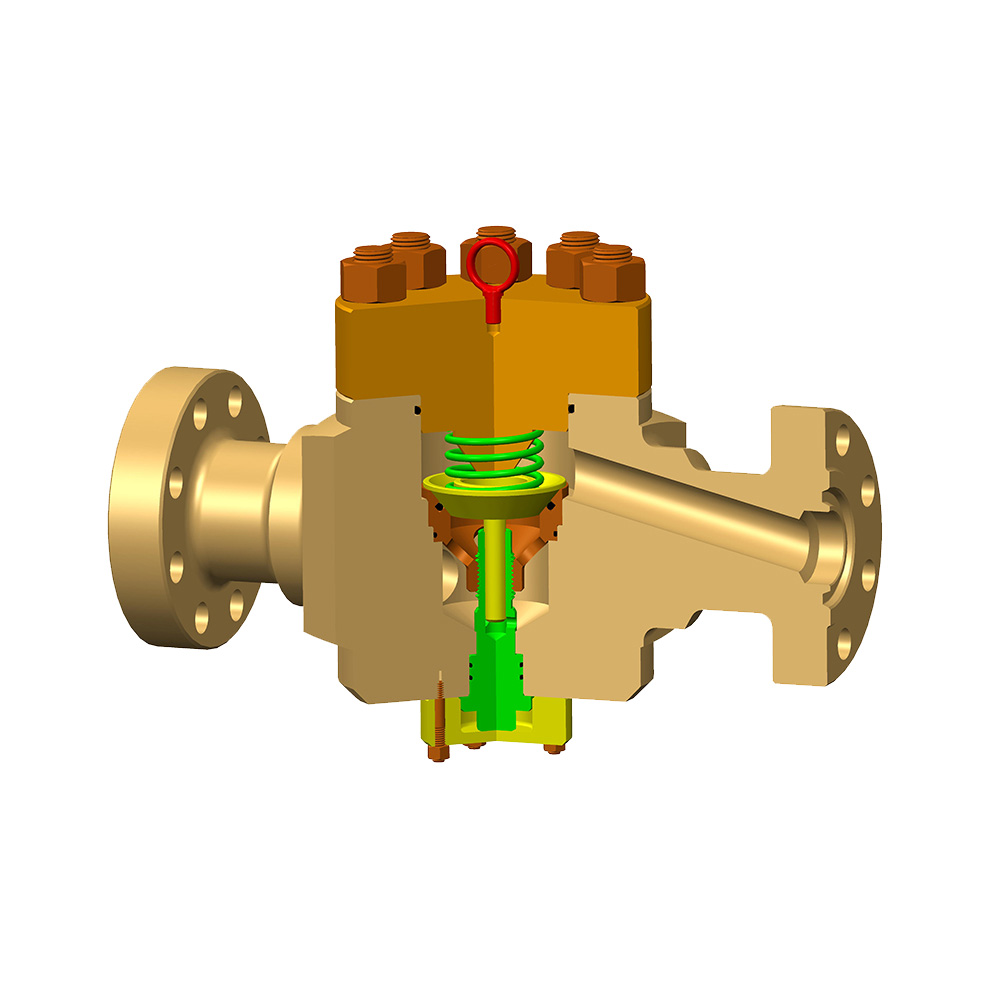In drilling equipment, Drilling Equipment Valve plays a vital role. It controls the flow of fluids and ensures the safety and efficiency of the drilling process. However, different environmental conditions pose challenges to the adaptability of drilling equipment valves.
First, consider the high temperature environment. In some deep well drilling or geothermal drilling, the temperature may be as high as several hundred degrees Celsius. In such a high temperature environment, the material of the valve must have good heat resistance. For example, special alloy steel or high temperature alloy materials are used to withstand high temperatures without losing strength and sealing. At the same time, the seals of the valve also need to choose high temperature resistant materials, such as graphite, ceramics, etc., to ensure that there is no leakage at high temperatures.
Secondly, the low temperature environment is also a challenge. In polar regions or deep sea drilling, the temperature may be as low as tens of degrees Celsius below zero. In such a low temperature environment, the material of the valve must have good low temperature toughness to avoid brittle cracking due to low temperature. Some special low temperature steel or aluminum alloy materials can meet this requirement. In addition, the operating mechanism of the valve also needs to consider the influence of the low temperature environment to ensure that it can work normally at low temperatures.
High-pressure environment is another challenge that drilling equipment valves often face. In deep well drilling, the pressure may be as high as thousands or even tens of thousands of pounds per square inch. In such a high-pressure environment, the structure of the valve must be strong enough to withstand the huge pressure without deformation or cracking. At the same time, the sealing performance of the valve must also be very good to prevent the leakage of high-pressure fluid. The use of high-strength materials and advanced sealing technologies, such as metal seals, high-pressure gaskets, etc., can improve the adaptability of valves in high-pressure environments.
Corrosive environment is also a factor that needs to be considered. In some formations containing acidic, alkaline or saline substances, drilling fluids may be highly corrosive. In such an environment, the material of the valve must have good corrosion resistance. For example, the use of stainless steel, titanium alloy or corrosion-resistant alloy materials can resist corrosion and extend the service life of the valve. At the same time, the surface treatment of the valve can also improve its corrosion resistance, such as chrome plating, nickel plating, etc.
In addition, different drilling fluids will also affect the adaptability of the valve. For example, water-based drilling fluids, oil-based drilling fluids and gas drilling fluids have different physical and chemical properties, and the requirements for valve materials and sealing performance are also different. When selecting valves, it is necessary to select appropriate valve materials and seals according to the specific drilling fluid type.
The adaptability of Drilling Equipment Valve in different environments depends on multiple factors, including temperature, pressure, corrosiveness and drilling fluid type. In order to ensure the safe and efficient operation of drilling equipment, it is necessary to select valves suitable for specific environmental conditions and perform correct installation and maintenance. By adopting suitable materials, advanced sealing technology and reasonable design, drilling equipment valves can play a good role in various harsh environments, providing strong support for the development of the drilling industry.
+86-18066199628
Product Search
Exit Menu
news
News categories
Product categories
RECENT POSTS
-
What are the specific application scenarios of valves in oil fields?
2024-06-01 -
Can the mud gate valve be closed quickly in the event of a blowout?
2024-06-02 -
What are the uses of valves for oil fields?
2024-06-10 -
Welcome to Zhonglin Oil Equipment!
2024-07-08 -
In which industries is GATE VALVE widely used?
2024-09-14
How is the adaptability of Drilling Equipment Valve in different environments?
-
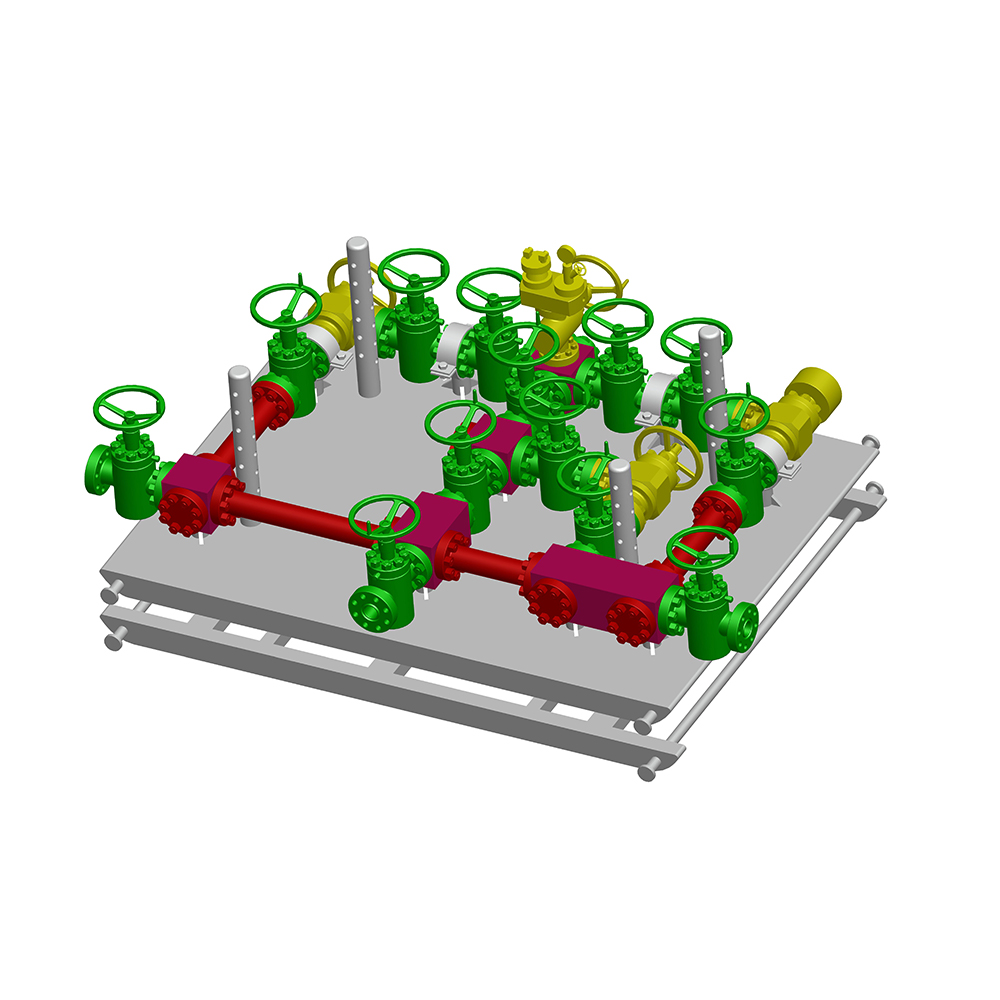
Choke and Kill manifold can effectively control the pressure inside the well and also can control the flow rate of oil gas and mud or other medium which returs from the well when it's used for drillin...
See Details -
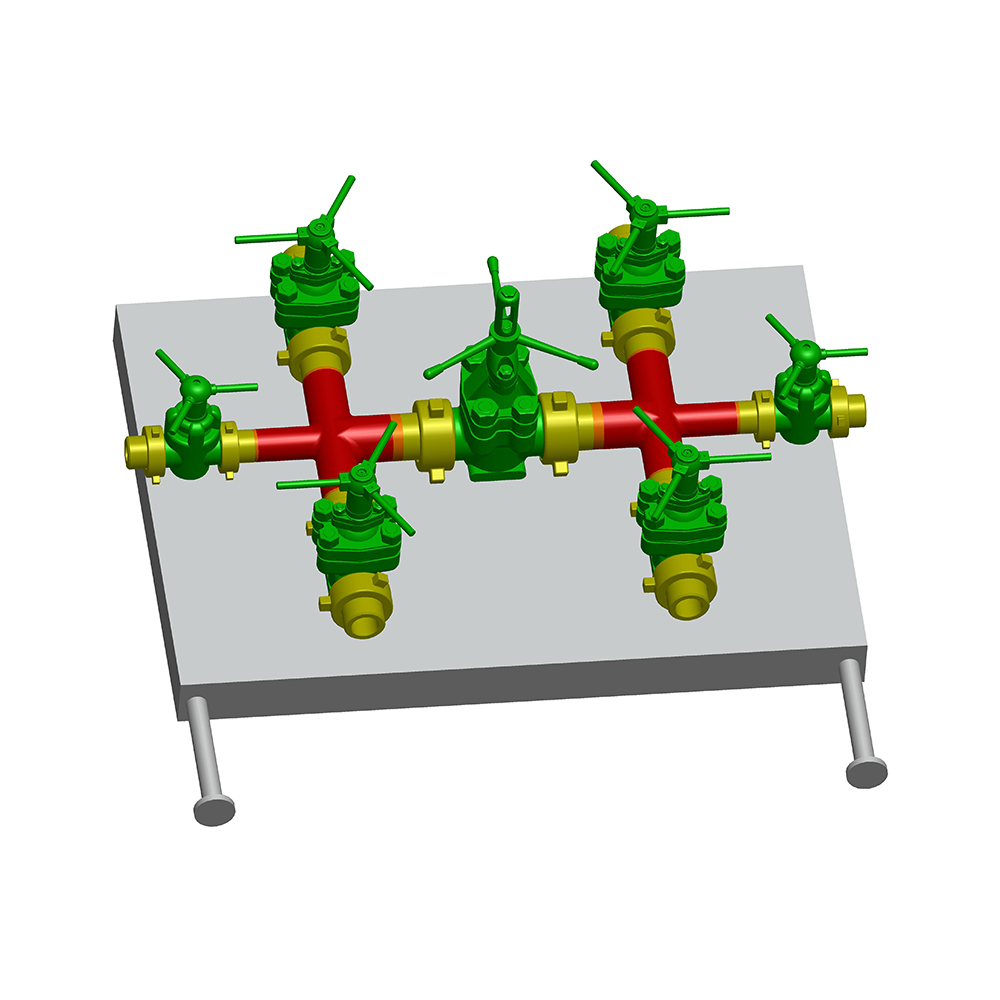
Choke and Kill manifold can effectively control the pressure inside the well and also can control the flow rate of oil gas and mud or other medium which returs from the well when it's used for drillin...
See Details -
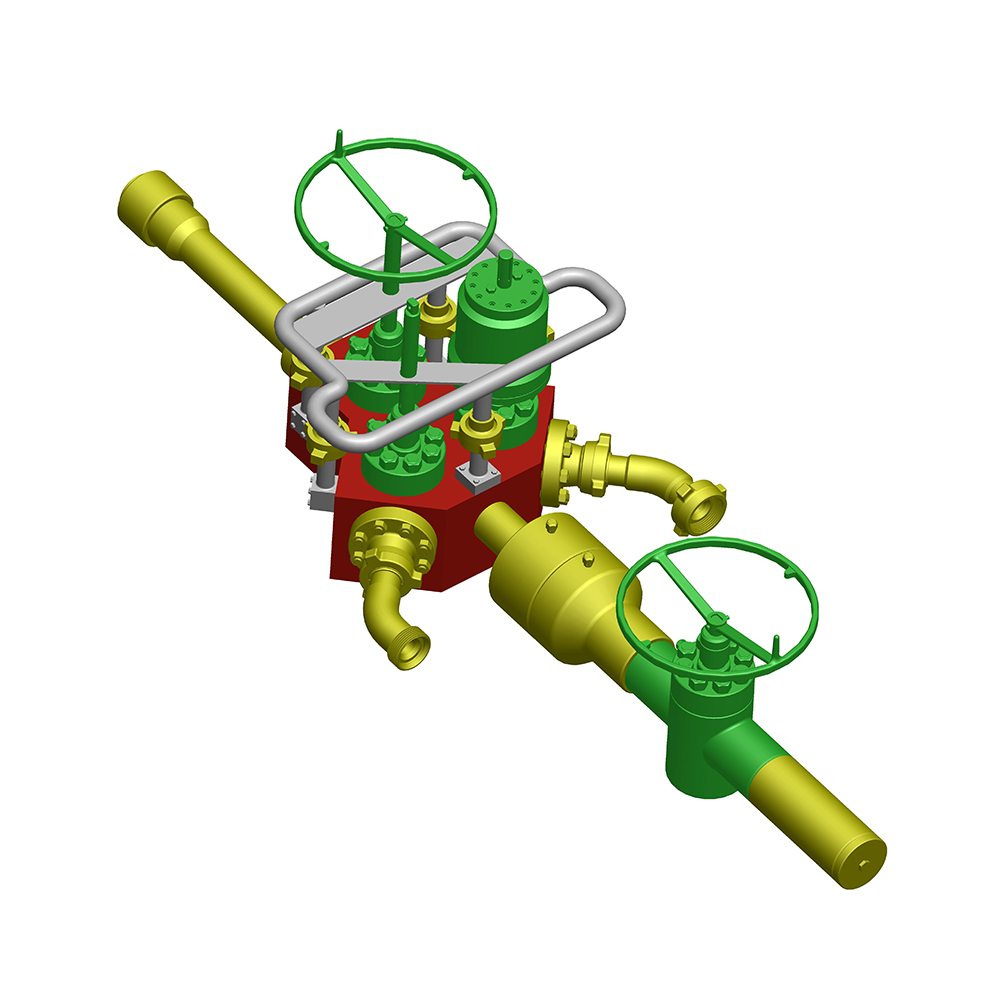
Flowhead sizes:1-13/16" ~9”Pressure Rating:5000psi- 15000psiMax.Tensile Rating:435,000 to 1,500,000 Ibs at 0PSIUpper and lower units are coupled with a load-bearing quick union for easy assembly and d...
See Details -

Choke and Kill manifold can effectively control the pressure inside the well and also can control the flow rate of oil gas and mud or other medium which returs from the well when it's used for drillin...
See Details
Contact Zhonglin Support Team for any Inquiry
Mob:
+86-18066199628/ +86-18805110688
Email:
[email protected] / [email protected]
Add: 88 Ronghua Road Yancheng New Hi-Tech Industrial Development Zone Yancheng, Jinagsu People's Republic of China

